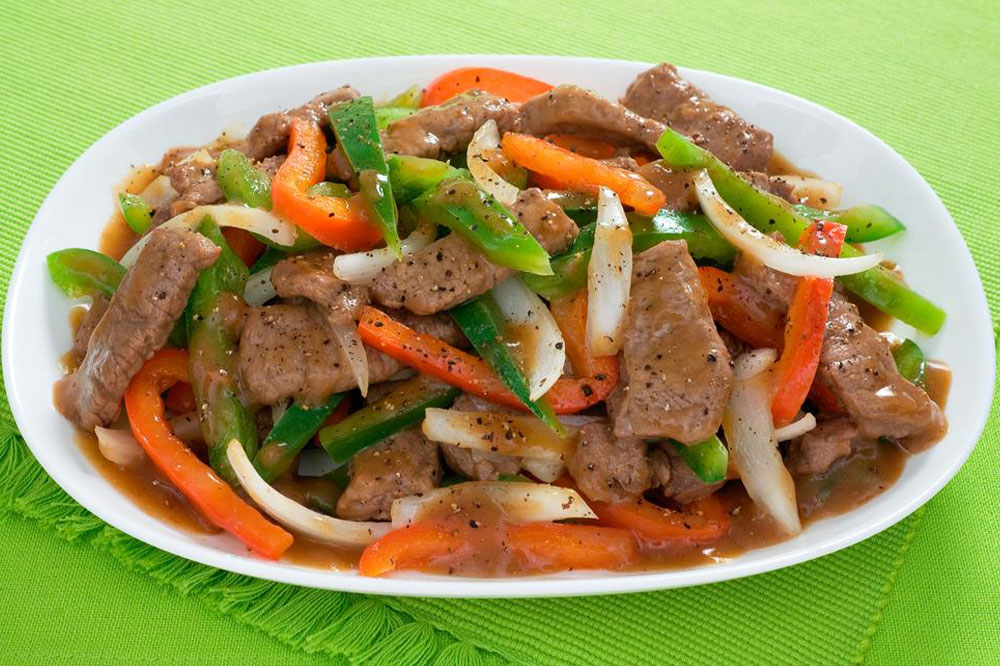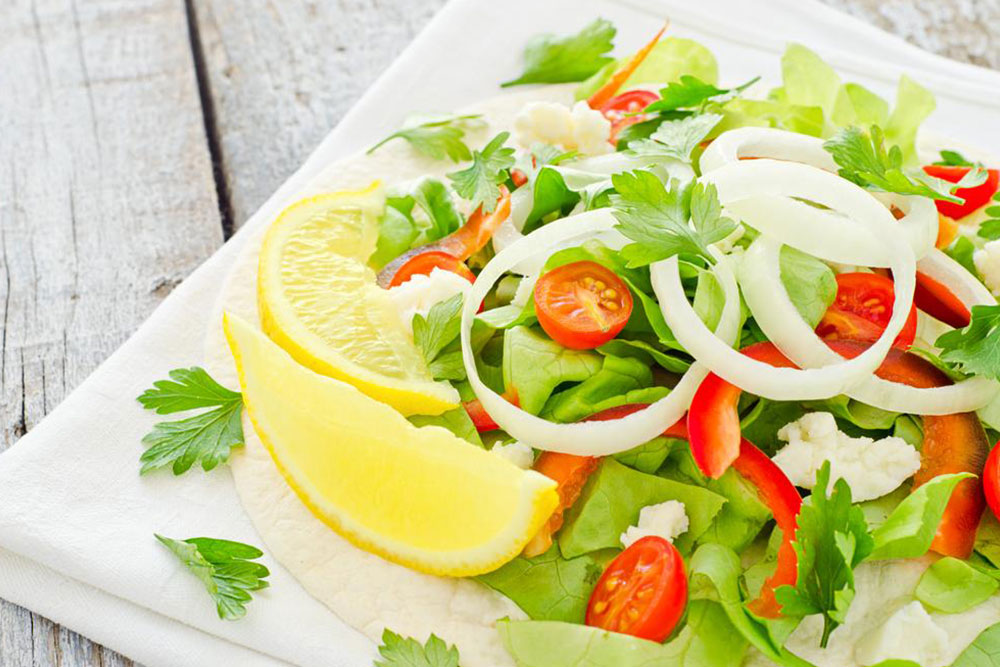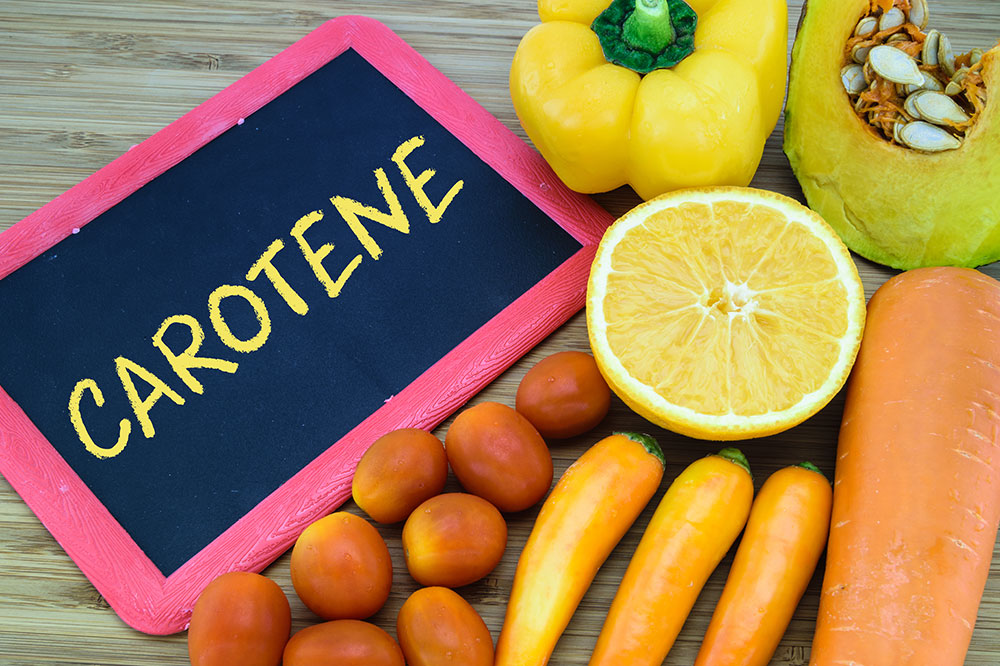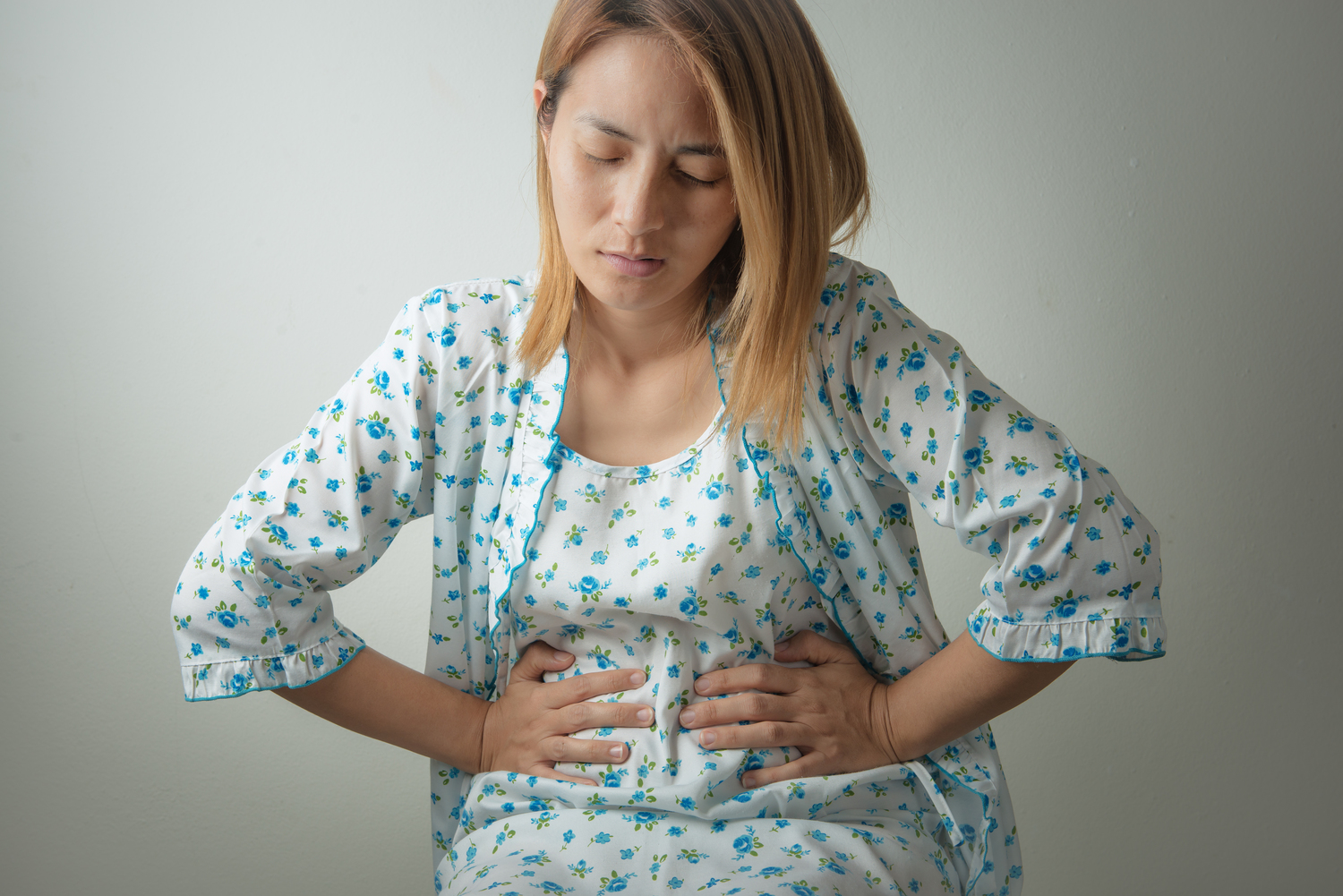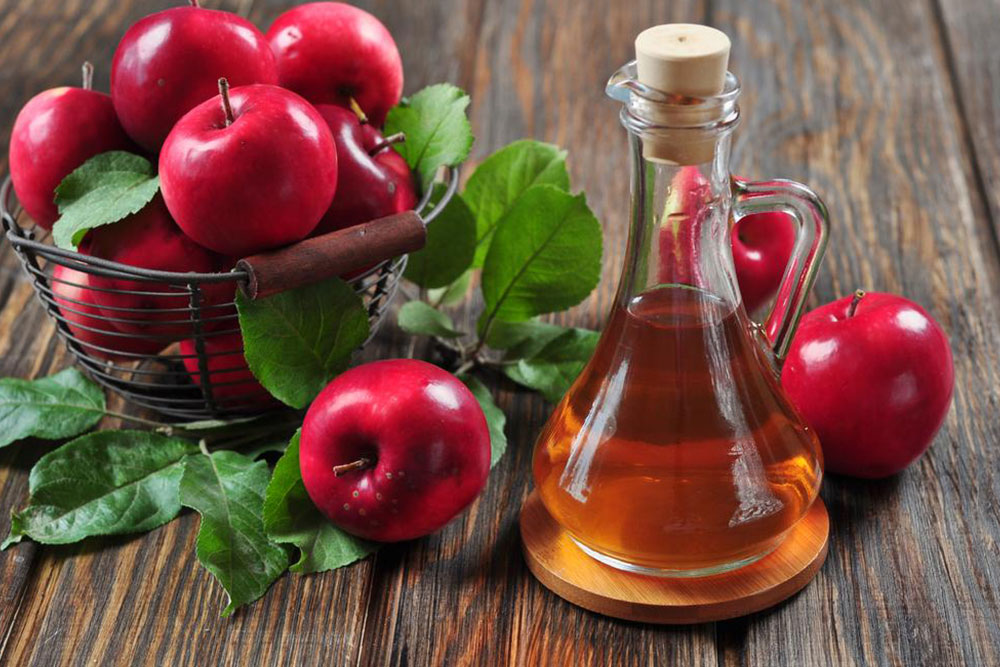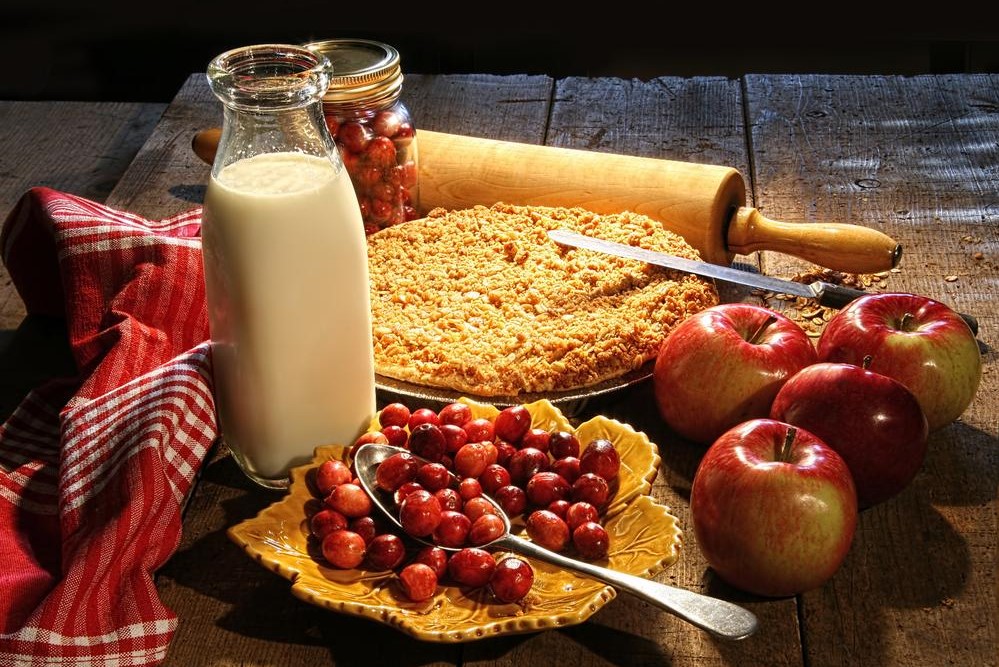Comprehensive Nutritional Strategies to Lower Cervical Cancer Risk
Discover comprehensive nutritional strategies to reduce cervical cancer risk. Learn about foods rich in antioxidants, vitamins, and phytochemicals that support immune health, detoxify carcinogens, and prevent HPV infections. Incorporate these dietary tips into your daily routine for enhanced cervical wellness and cancer prevention.

Strategic Diet Choices for Promoting Cervical Health and Preventing Cancer
Protecting cervical health and reducing the risk of cervical cancer involves more than just routine screenings; nutrition plays a pivotal role in bolstering the body's defenses against this disease. Scientific research consistently emphasizes the importance of consuming a balanced, plant-rich diet that includes a variety of vegetables, fruits, grains, and healthy proteins. Such foods are rich in antioxidants, carotenoids, folate, flavonoids, and other phytochemicals that help strengthen immune function and protect cervical cells from harmful infections and malignant transformations.
The primary cause of cervical cancer is persistent infection with high-risk types of human papillomavirus (HPV). While vaccination and regular screenings are critical preventive measures, diet can enhance the body's ability to combat HPV infections and prevent the progression to cancer. Specific foods have been identified for their cancer-fighting properties, and integrating these into daily meals can significantly contribute to cervical health.
The key dietary components that support cervical health include foods high in antioxidants such as vitamins C and E, carotenoids, omega-3 fatty acids, fiber, and phytochemicals like glucosinolates and flavonoids. Incorporating a variety of these foods can provide a comprehensive approach to reducing cervical cancer risk. Here are some of the most effective foods and their specific benefits:
Avocado
Rich in heart-healthy monounsaturated fats and folate, avocados support overall cellular health and immune function. The presence of antioxidants in avocados can combat oxidative stress, which plays a role in the development of many cancers, including cervical cancer.
Broccoli and Other Cruciferous Vegetables
Broccoli contains bioactive compounds such as sulforaphane, which have been shown to detoxify carcinogens, induce apoptosis in damaged cells, and inhibit genetic mutations associated with cancer. Other cruciferous vegetables like Brussels sprouts and cabbage also provide similar benefits, making them excellent choices for a cancer-preventive diet.
Citrus Fruits
Oranges, lemons, grapefruits, and limes are high in vitamin C, which is essential for maintaining healthy cervical tissues and immune defenses. Citrus bioflavonoids also have anti-inflammatory and antiviral properties, aiding in the prevention of persistent HPV infections.
Tomatoes
The rich presence of lycopene in tomatoes has been associated with a decreased risk of several cancers, including cervical cancer. Lycopene is a potent antioxidant that neutralizes free radicals and may inhibit cancer cell proliferation.
Dark Leafy Greens
Spinach, kale, collard greens, and Swiss chard are high in folate, a B-vitamin that plays a significant role in DNA synthesis and repair. Adequate folate intake helps maintain cellular integrity and reduces the risk of mutations that can lead to malignancy.
Papaya
This tropical fruit is an excellent source of vitamin C, beta-cryptoxanthin, and carotenoids, which have antioxidant properties that help lower the risk of cancer development. Papaya also contains enzymes that support immune health.
Raspberries
Yellow and red raspberries are rich in ellagic acid, a phytochemical with anti-carcinogenic effects. Ellagic acid has been shown to inhibit the activity of HPV and prevent the transformation of infected cells into malignant ones.
Green Tea
Green tea is packed with catechins, powerful antioxidants that protect cells from oxidative stress. Catechins also inhibit enzymes involved in metastasis, thereby reducing the spread of cancer cells.
Asparagus
High in glutathione, one of the body's most potent antioxidants, asparagus helps detoxify carcinogens and enhances immune responses against infections like HPV.
Arugula
This cruciferous vegetable contains glucosinolates, which can be converted into isothiocyanates—compounds shown to neutralize carcinogens and inhibit tumor growth.
Fish Roe and Omega-3 Fatty Acids
Rich in EPA and DHA, fish roe supports anti-inflammatory responses and has been linked to cancer prevention. Omega-3 fatty acids improve cell membrane health and reduce inflammation, which is a component of cancer progression.
Horseradish
Containing glucosinolates similar to those in cruciferous vegetables, horseradish helps enhance the body's capacity to detoxify harmful substances and may lower cancer risk.
Cherries
The compound perillyl alcohol found in cherries can induce apoptosis in precancerous and cancerous cells, offering potential protective effects against cervical malignancies.
Salmon and Other Fatty Fish
Salmon provides omega-3s and the antioxidant astaxanthin, which together minimize oxidative stress and support cell integrity. These nutrients help defend cervical tissues from damage and infections.
Turmeric
The active compound curcumin in turmeric exhibits anti-inflammatory and anti-cancer properties. Curcumin can selectively induce apoptosis in cancer cells without harming normal cells, making it an effective adjunct in cancer prevention strategies.
In conclusion, adopting a diet that emphasizes these nutrient-dense foods can be a powerful tool in the fight against cervical cancer. While diet alone cannot replace medical interventions such as vaccination and screening, it complements these approaches by enhancing immune defenses, reducing inflammation, and protecting cellular health. Consistency in consuming a variety of fruits, vegetables, and healthy fats, along with maintaining an overall healthy lifestyle, is essential in minimizing the risk of cervical malignancies and promoting long-term reproductive health.
